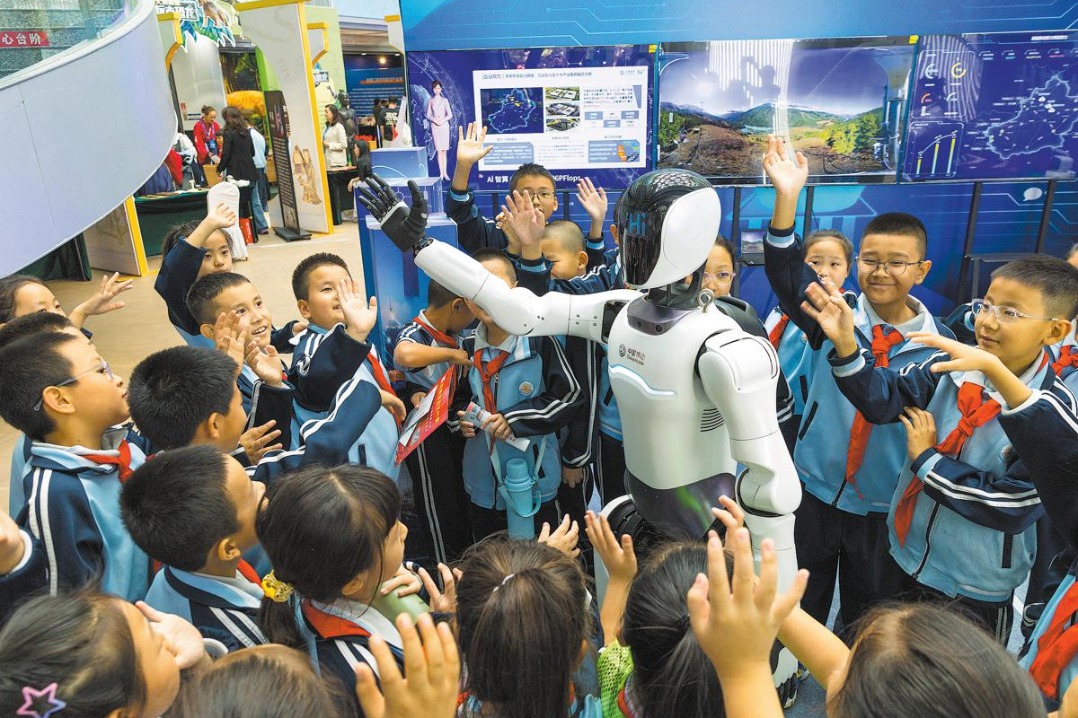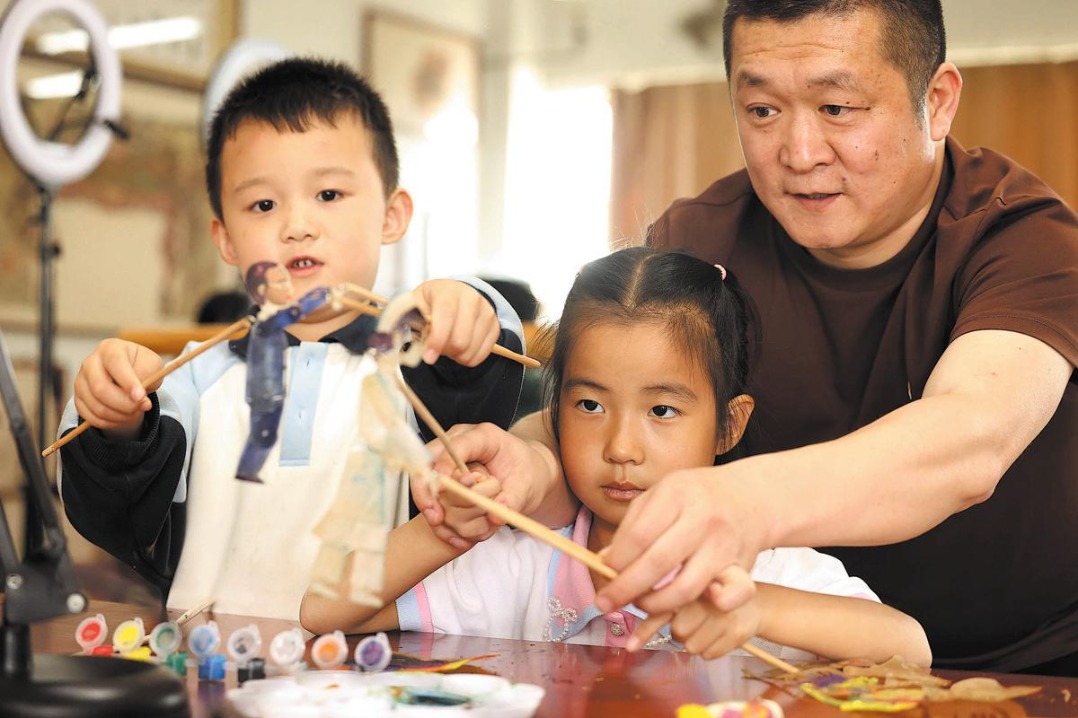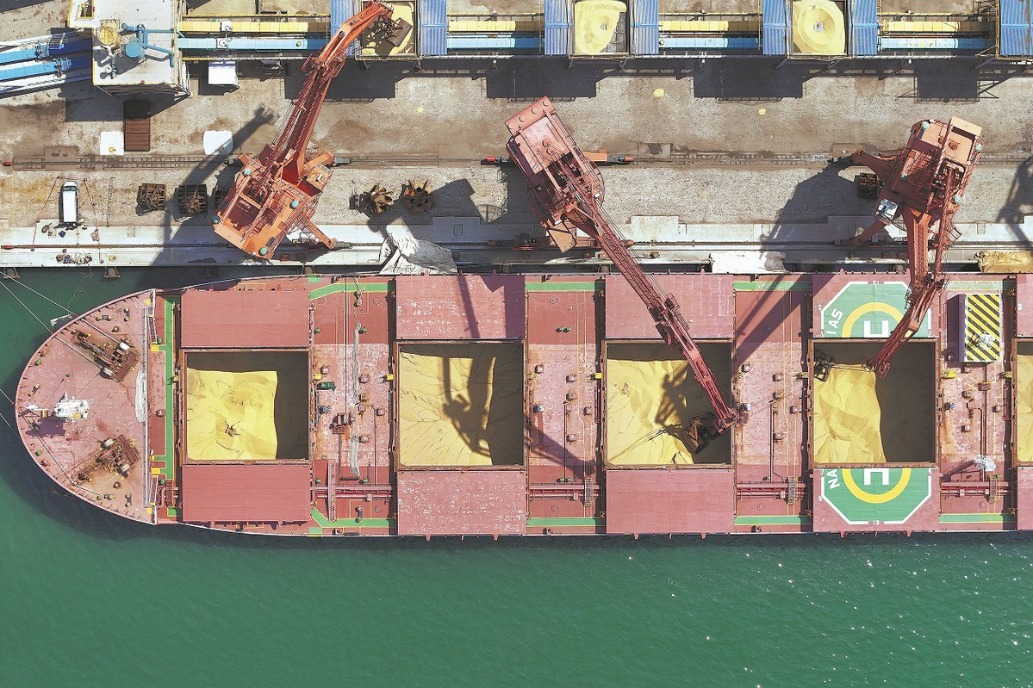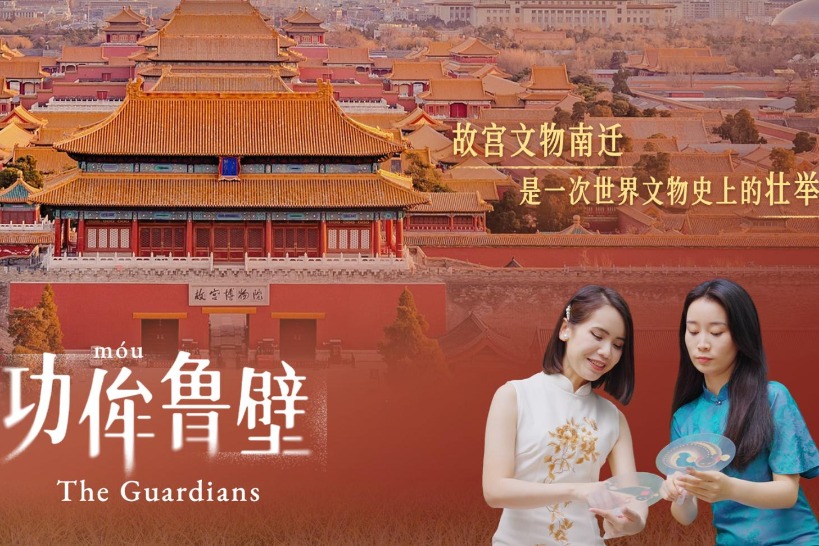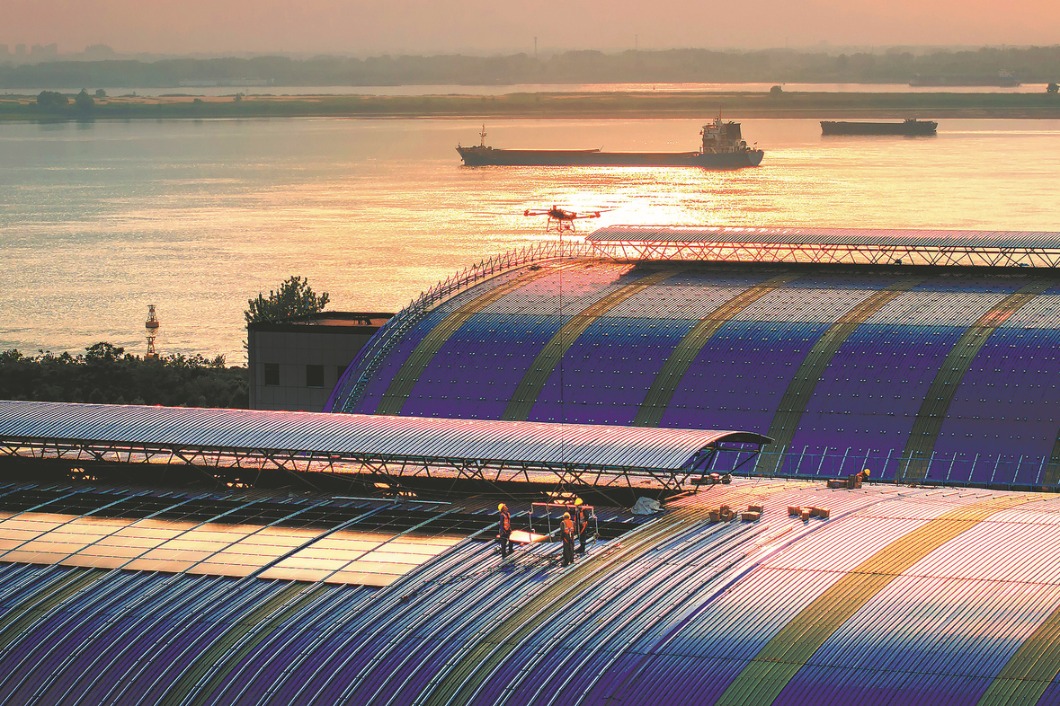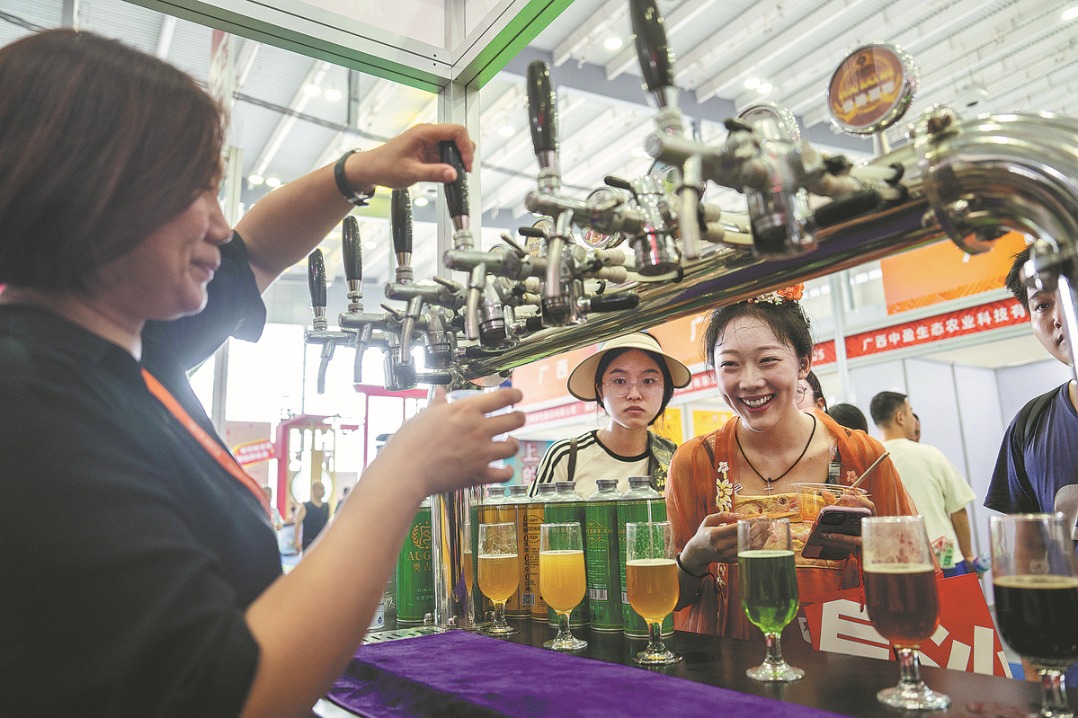Ma's visit a bridge for cross-Straits peace


Ever since Ma Ying-jeou left office as Taiwan leader in 2016, his likely visit to the Chinese mainland has been a topic of discussion, because on many occasions he had expressed his desire to visit the mainland.
However, given the current delicate cross-Straits relations and potential controversies his visit could create on the island, he had to carefully plan his trip and garner the support of all parties to ensure his 12-day visit was successful before landing in Shanghai on Monday. The timing of his visit is also right because it has exceeded the five-year limit set for a former Taiwan leader to travel out of the island.
The main purpose of Ma's visit to the mainland is to pay his respects to his ancestors around Qingming Festival (Tomb Sweeping Day) and encourage dialogue between youths from both sides of the Taiwan Straits.
Many former Taiwan leaders, such as Chen Shui-bian, have visited the mainland in the 1990s, but they did so before assuming office. Ma Ying-jeou is the only one to visit the mainland after serving as regional leader of Taiwan, making his visit politically significant and different from the others who had visited before him.
Following the visit of Nancy Pelosi, then US House of Representatives speaker, to Taiwan in August 2022, tensions across the Straits have been on the rise, with some saying this could lead to a conflict. However, the majority of Taiwan residents hope to see an end to the tensions and return to normalcy, and believe a dialogue between the two sides would be a step toward defusing the tensions. Ma's visit to the mainland can have a relatively positive effect in this regard.
Accompanied by 30 youths from the island, Ma has specifically expressed his wish to visit some universities and encourage dialogue between youths from the two sides of the Straits. As a scholar himself (he used to teach at the Chengchi University and gave lectures at Soochow University in Taiwan after leaving office), Ma is keen to see youths from the two sides holding dialogue.
Since the 1990s, Taiwan has undergone a process of localization. Due to the differences in the systems and lifestyles on the two sides of the Straits, youths on the island, especially teenagers, have developed cognitive bias in terms of Chinese culture and national identity. That's why Ma decided to take the Taiwan youths accompanying him to pay their respects to Sun Yat-sen, a great national hero and forerunner of China's democratic revolution, at his mausoleum in Nanjing, Jiangsu province, and visit the birthplace of the 1911 Revolution in Wuhan, Hubei province, and Chongqing Historical Sites Museum of the War of Resistance Against Japanese Aggression (1931-45), and so on. Ma hopes to let the Taiwan youths know that the two sides of the Straits share the same history, language and culture.
Regardless of how cross-Straits relations develop in the future, communication between the two sides, especially between youths, is necessary. Cross-Straits exchanges should not be limited to the official level and political slogans, because they have limited effectiveness. Perhaps that's one of the reasons why the two sides have not moved closer in many aspects.
President Xi Jinping has said the two sides of the Straits should seek spiritual resonance, which can only be realized through pragmatic, life-oriented, personal and free communication. Once the mental barrier is broken down, many sensitive and thorny issues can be resolved through talks.
The significance of Ma's visit to the mainland is that it has the potential to encourage cross-Straits exchanges, including resumption of free travel across the Straits.
Ma identifies with the Chinese nation and has great love for Chinese culture and history. He was a proponent of protecting the Diaoyu Islands against Japan, and during his tenure as Taiwan leader, he made serious efforts to address the issue. For this reason, he wants his visit to the mainland meaningful as well as successful. If he can contribute to the restoration of cross-Straits peace, it will be one of his biggest contributions to the Chinese nation.
If normalcy is restored across the Straits, it will promote more exchanges and understanding not only between the two sides of the Straits but also among all the economies in the region. Although Ma is not carrying any formal political message from Taiwan, his visit itself is a message that cross-Straits peace is possible.
Lim Chuan-tiong is a Taiwan scholar and now a professor at the Institute for International Studies, Wuhan University. This is an excerpt from his interview with China Daily's Yao Yuxin.
The views don't necessarily represent those of China Daily.
If you have a specific expertise, or would like to share your thought about our stories, then send us your writings at opinion@chinadaily.com.cn, and comment@chinadaily.com.cn.
















